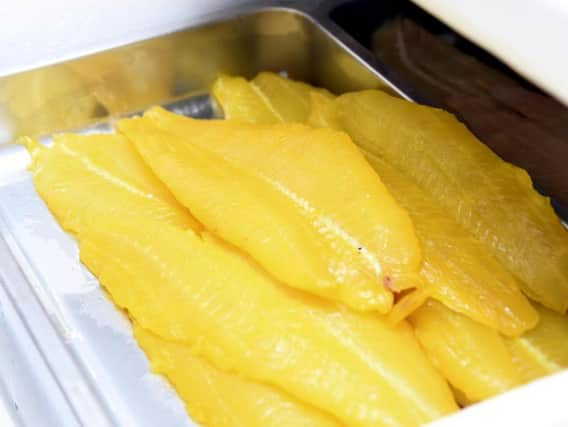Gove admits Scots businesses could be harmed by immigration rules


The UK environment secretary also criticised the proposed £30,000 salary threshold post-Brexit for immigrant workers.
Giving evidence to Holyrood's Rural Economy Committee, by video link, Mr Gove said that assessing whether a migrant worker qualified as skilled by the level of their salary was not appropriate for all industries.
Advertisement
Hide AdAdvertisement
Hide AdAnd he told MSPs that he had asked the Home Secretary Sajid Javid to "look flexibly in how we interpret what a skilled worker is," to avoid vacancies in certain industries
Questioned about "significant vacancies" of approximately 30 per cent in the fish processing sector in Scotland the MP said he believed the migration advisory committee's recommendation of the minimum earnings for a worker to be allowed to stay after Brexit would harm businesses who rely on foreign labour.
"Pitching the level at which you define a skilled worker as someone earning over £30,000 a year wasn't actually responsive to the particular needs - not just of the fish processing sector - but the food and drink sector overall," he said.
"One of the points that I have made to the Home Secretary and others is that we look flexibly at how we interpret what a skilled worker is in line with specific industries."
Mr Gove also called for "an open approach" to immigration when asked about seasonal workers. "I think that the soft fruit sector, which is so important in Angus and Ayrshire, does need to have access to all the labour it needs."
Asked about an immigration pilot scheme allowing the recruitment of up to 2,500 workers on six-month visas between the spring of 2019 and December 2020, Mr Gove said: "There has been an enthusiastic take-up of places on our seasonal agricultural workers pilot and we've been recruiting from just beyond the EU, in places like the Ukraine and Moldova .
"The pilot at the moment is smaller then some would have wanted but I think that the enthusiastic take-up helps us to make the case for a potential expansion of numbers that come in through the seasonal agricultural workers scheme."